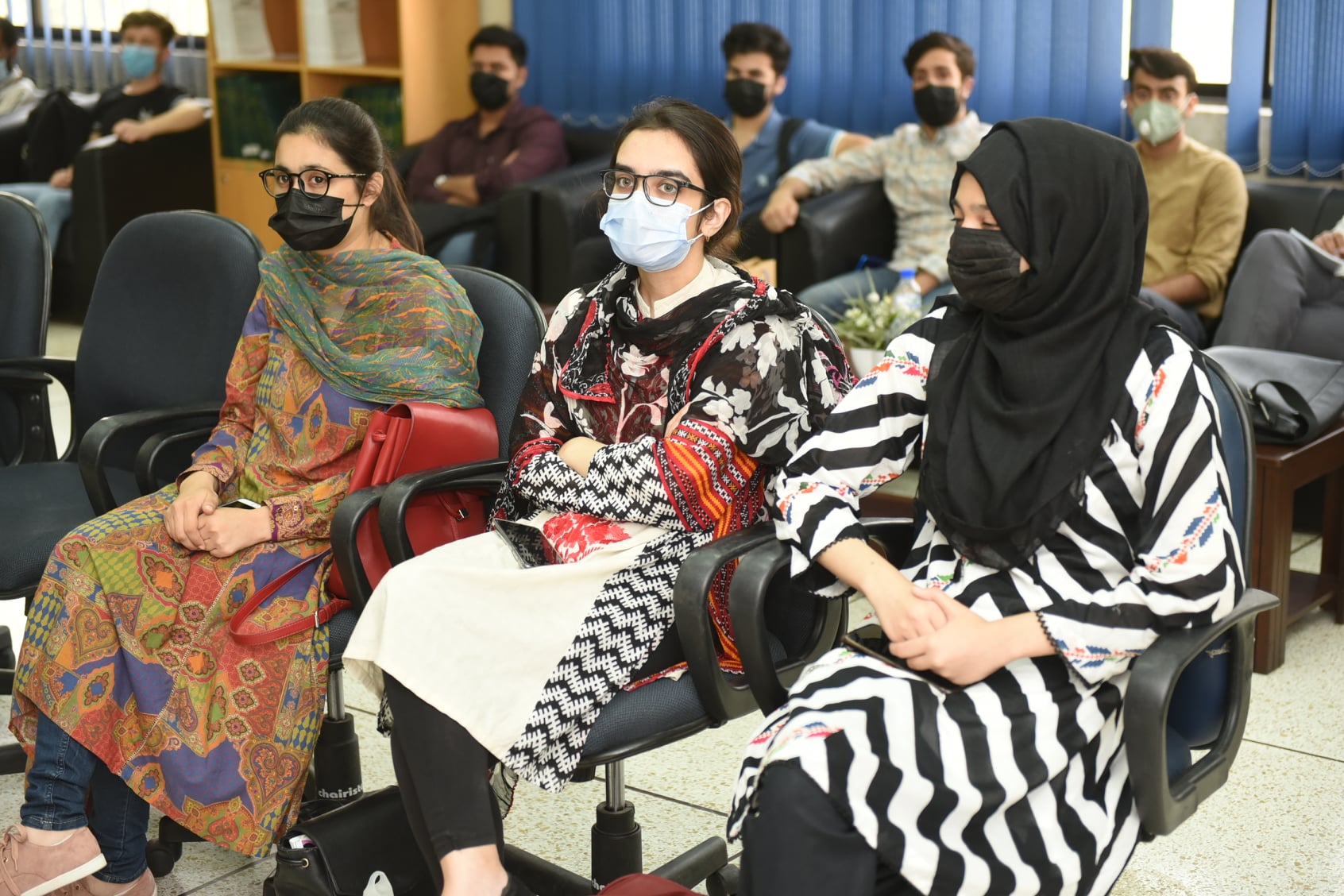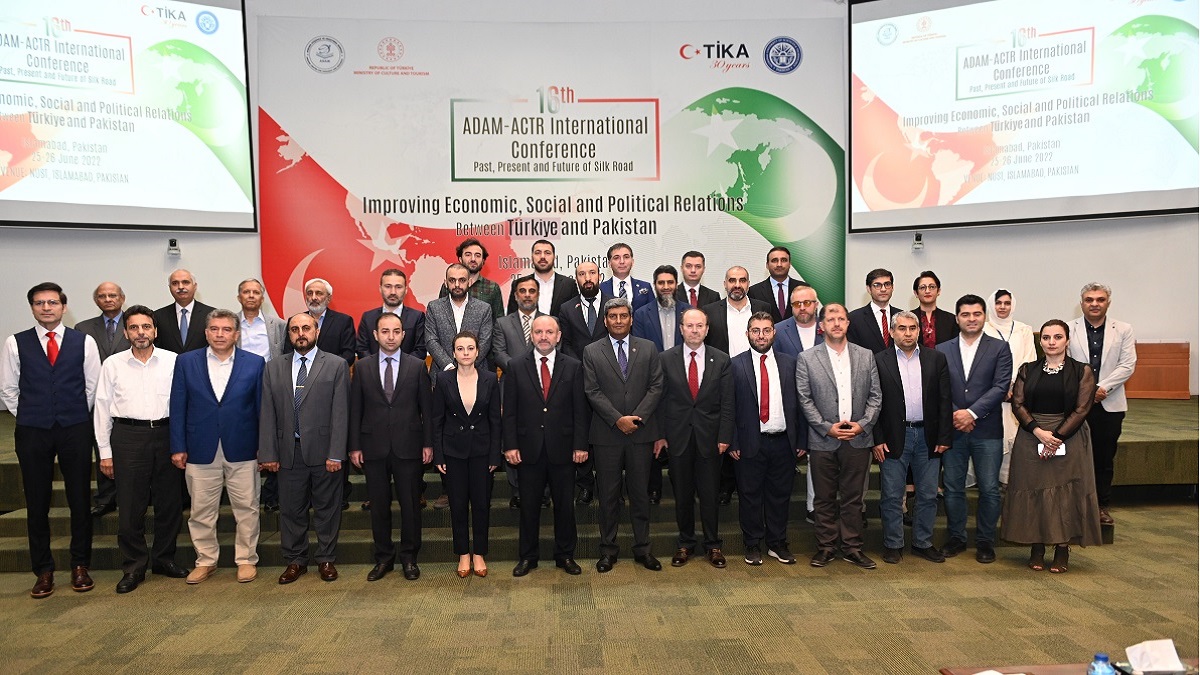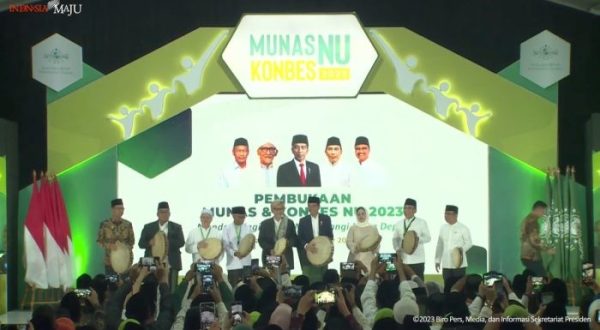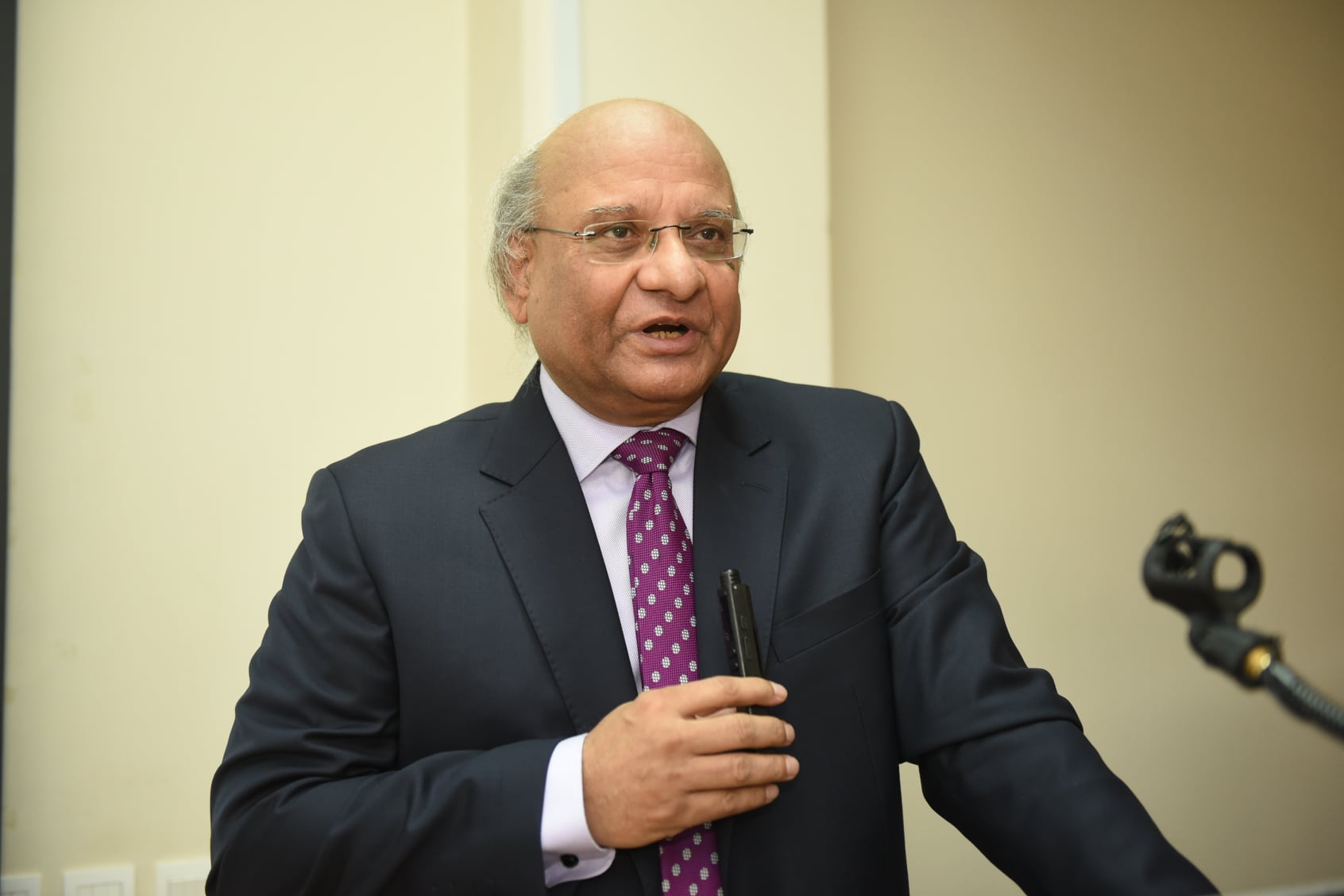
The National Union of Students (NUS) UK is a voluntary membership organization that represents the interests of students in higher and further education. As a democratic organization, NUS UK holds elections to choose its leaders and representatives. In this article, we will delve into the election rules of NUS UK, exploring the processes and procedures that govern these elections.
Introduction to NUS UK Election Rules
The NUS UK election rules are designed to ensure that the electoral process is fair, transparent, and accessible to all members. The rules are outlined in the NUS UK Constitution and Byelaws, which provide a framework for the conduct of elections. The rules cover various aspects of the electoral process, including voter eligibility, candidate nominations, and voting procedures.
Voter Eligibility
To be eligible to vote in NUS UK elections, individuals must be members of the organization. Membership is open to students who are enrolled in a higher or further education institution in the UK. Members can vote in elections for national officers, zone representatives, and other positions within the organization. The NUS UK uses a one-member-one-vote system, ensuring that each member has an equal say in the electoral process.
Candidate Nominations
To stand for election, candidates must meet certain eligibility criteria. These criteria include being a member of NUS UK, being nominated by a member of the organization, and meeting specific requirements for the position they are standing for. Candidates must also submit a nomination form, which includes a statement outlining their vision and policies.
Voting Procedures
Voting in NUS UK elections is typically conducted online, using a secure and accessible platform. Members can vote from any location, using their unique login credentials. The voting system used by NUS UK is the Single Transferable Vote (STV) system, which ensures that votes are proportional to the number of candidates standing.
Key Principles of NUS UK Election Rules
The NUS UK election rules are guided by several key principles, including:
Democracy: The electoral process is designed to be democratic, with members having a direct say in the election of leaders and representatives.
Transparency: The election process is transparent, with clear rules and procedures that are accessible to all members.
Accessibility: The electoral process is designed to be accessible, with voting procedures that are easy to use and understand.
Fairness: The election rules are designed to ensure that the electoral process is fair, with all candidates having an equal opportunity to stand and campaign.
In conclusion, the NUS UK election rules are designed to ensure that the electoral process is fair, transparent, and accessible to all members. By understanding these rules, members can participate fully in the electoral process, exercising their right to vote and shape the future of the organization. Whether you are a candidate, a voter, or simply interested in the democratic process, it is essential to familiarize yourself with the NUS UK election rules.
By following these rules and principles, NUS UK can ensure that its elections are conducted in a way that is democratic, transparent, and fair, reflecting the values and principles of the organization. As a member of NUS UK, it is essential to engage with the electoral process, using your voice to shape the future of the organization and the wider student movement.









